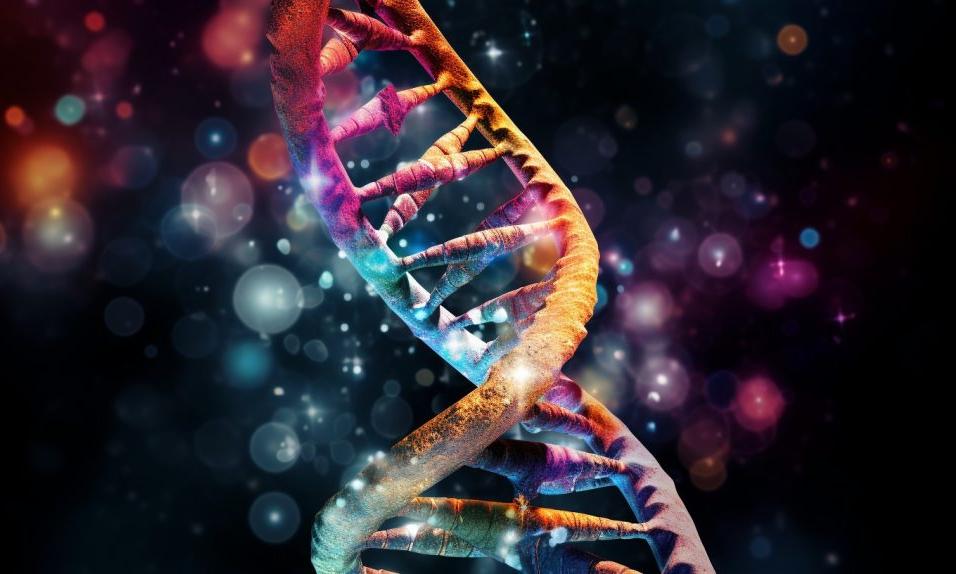
Google DeepMind unveils AI tool for predicting genetic mutation harm
text_fieldsGoogle DeepMind, the artificial intelligence branch of the tech giant, has revealed a groundbreaking tool designed to predict whether genetic mutations are likely to be harmful.
This development could significantly advance research into rare diseases.
The tool, named AlphaMissense, is particularly focused on "missense" mutations, which involve alterations to a single letter of the genetic code.
Humans typically possess around 9,000 such mutations in the genome, some of which can be benign, while others may lead to diseases like cystic fibrosis, cancer, or impact brain development. Out of the four million observed missense mutations in humans, only 2% have been classified as either disease-causing or benign, leaving 71 million such mutations unclassified.
AlphaMissense, however, has the capacity to predict 89% of these mutations with a 90% accuracy rate, assigning a score to each mutation indicating its potential for causing disease or its pathogenicity. The results revealed that 57% of the mutations were likely benign, 32% were probably pathogenic, and the rest remained uncertain.
The tool's database is accessible to scientists, and the research study accompanying its release was published in the journal Science.
Experts Joseph Marsh and Sarah Teichmann noted in their article published in Science that AlphaMissense demonstrates "superior performance" compared to existing tools.
Google DeepMind's Jun Cheng said that these predictions were not primarily intended for clinical diagnosis but could help increase the diagnosis rate of rare diseases and potentially lead to the discovery of new disease-causing genes, indirectly paving the way for new treatments.
AlphaMissense was trained on human and closely-related primate DNA, allowing it to recognise widespread genetic mutations. Cheng explained that the training enabled the tool to process millions of protein sequences and understand regular protein sequences, which in turn facilitated the identification of mutations and their potential harm, reported AFP.
Cheng compared this process to language learning, stating, "If we substitute a word from an English sentence, a person familiar with English can immediately see whether this word substitution will change the meaning of the sentence or not."






















